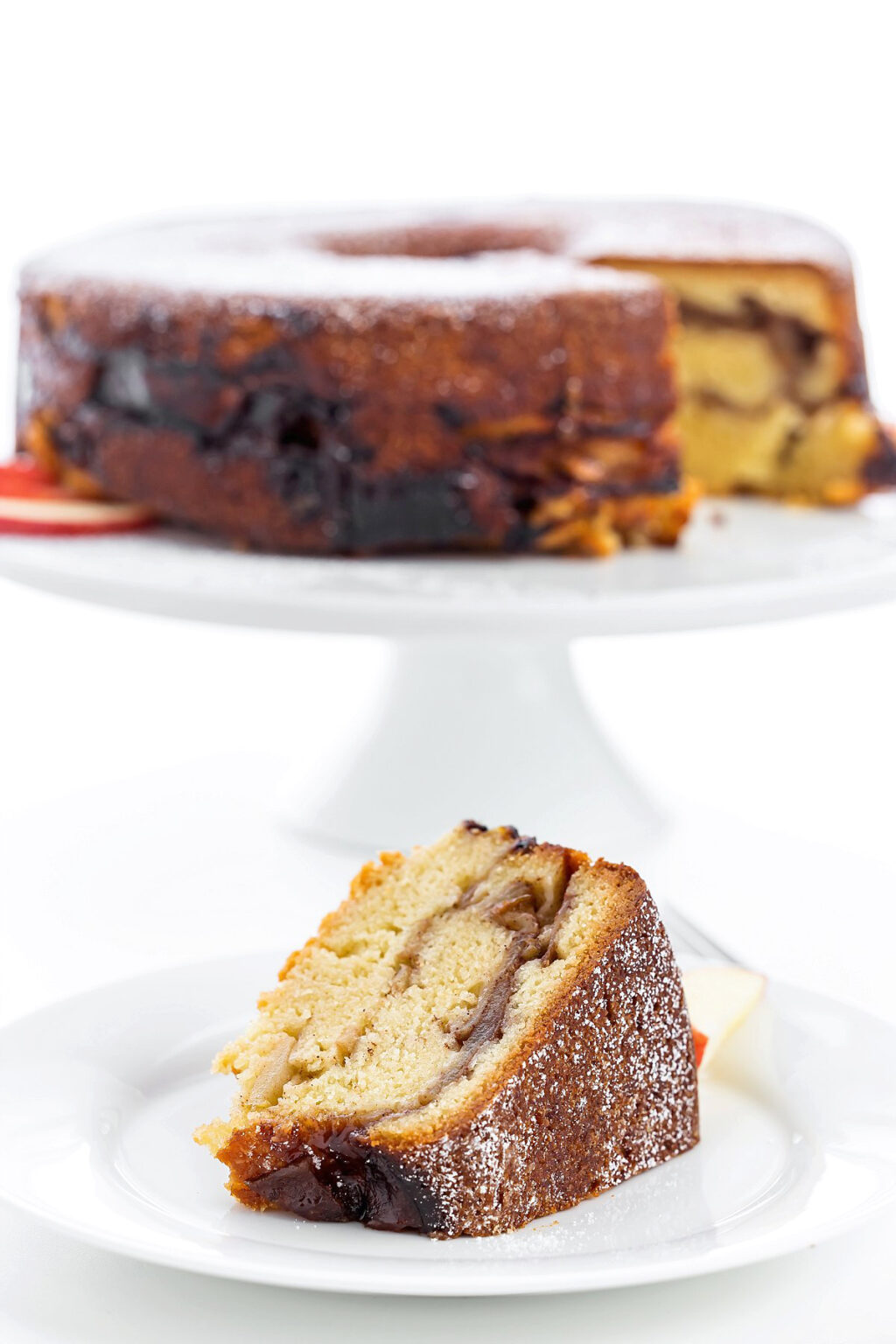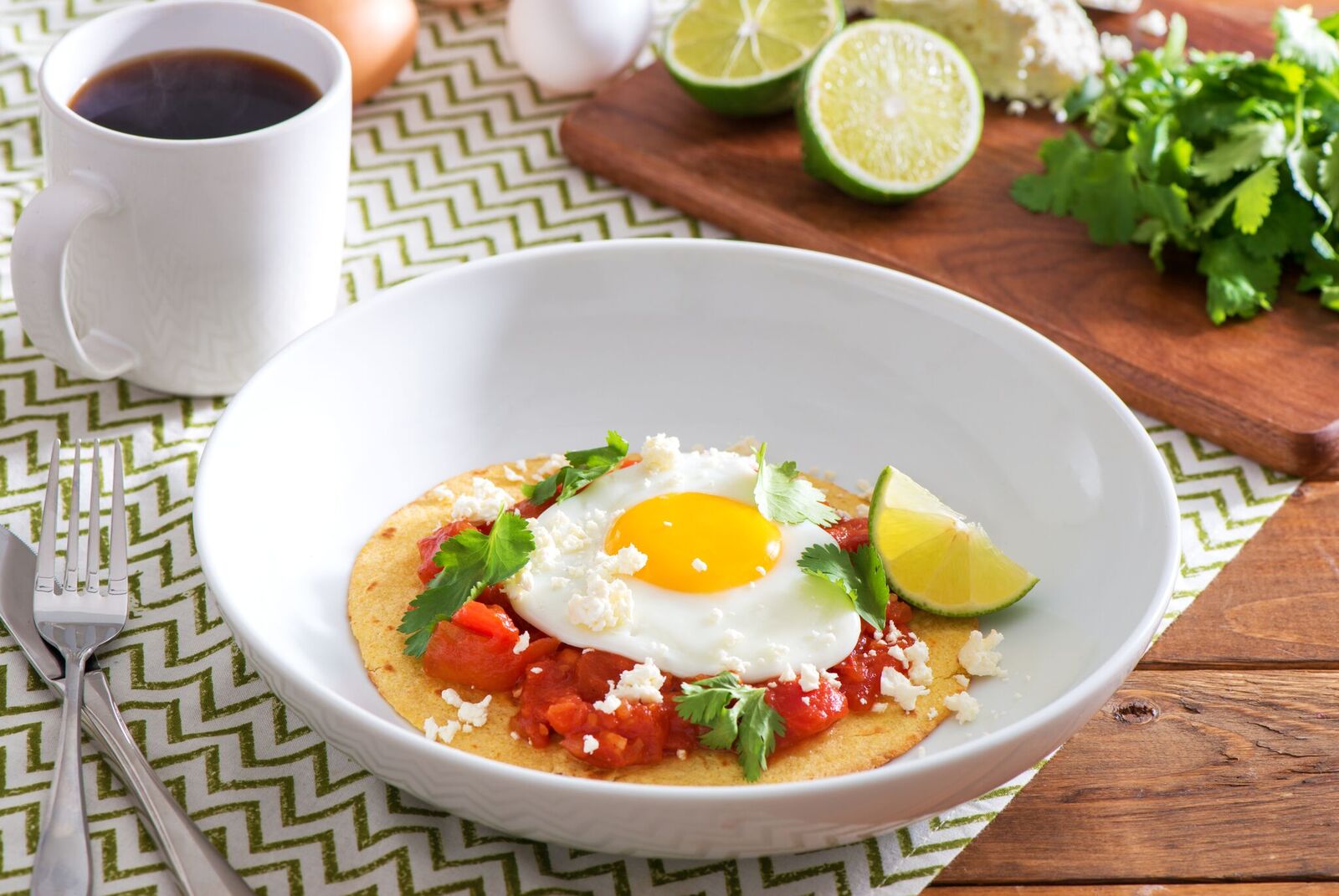October 13 is World Egg Day!
Each year, on the second Friday of October, Ohio’s egg farmers celebrate World Egg Day. This holiday is dedicated to eggs and the nutritious, high-quality protein they provide to consumers all around the world. With six grams of protein and eight essential nutrients, eggs support brain, muscle and bone health.
In honor of World Egg Day, we’ve rounded up a few of our favorite egg dishes using ingredients and traditions from around the world.
This Shakshuka for One recipe by Low Carb Africa is a savory dish containing poached eggs, tomatoes, garlic, bell peppers, and onions. The dish’s origins can be traced back to Israel, Northern Africa and the Middle East.

This traditional Jewish dessert contains apples, cinnamon, brown sugar, and eggs. Liz of The Lemon Bowl typically makes this recipe for her family during the holiday season.

This Savory French Onion Casserole is a twist on the classic French Onion Soup, which originated in France during the 18th century.

This French dessert dates back to the mid-1800s in the Limousin region of the country.

Basque Cheesecake with Fruit Topping
Basque Cheesecake originates from the Basque Country in Spain and is known for its golden-brown finish and crustless sides.

These Quiche Wontons by A Cedar Spoon feature Mediterranean flavors of feta cheese, spinach and fresh herbs.

Korean BBQ Turkey Deviled Eggs with Asian Slaw
These Asian-inspired deviled eggs make for the perfect appetizer or lunch dish.

A breakfast food originating from Mexico that has since remained popular across the United States.

This omelet is an Italian take on a traditional Filipino Tortang Talong, a dish made of grilled eggplants and eggs.

What Molly Made’s Healthy Chicken Pad Thai is a protein-packed noodle dish with chicken, eggs and veggies, inspired by classic Asian flavors.

A Cedar Spoon’s Mediterranean Frittata features rich Moroccan flavors, including coriander, cumin, paprika, and turmeric.

This Mexican Street Corn inspired skillet has all the flavors of the classic dish, including Cotija cheese and Mexican Crema.

This Latin dessert has roots that can be traced back to the Roman Empire.
